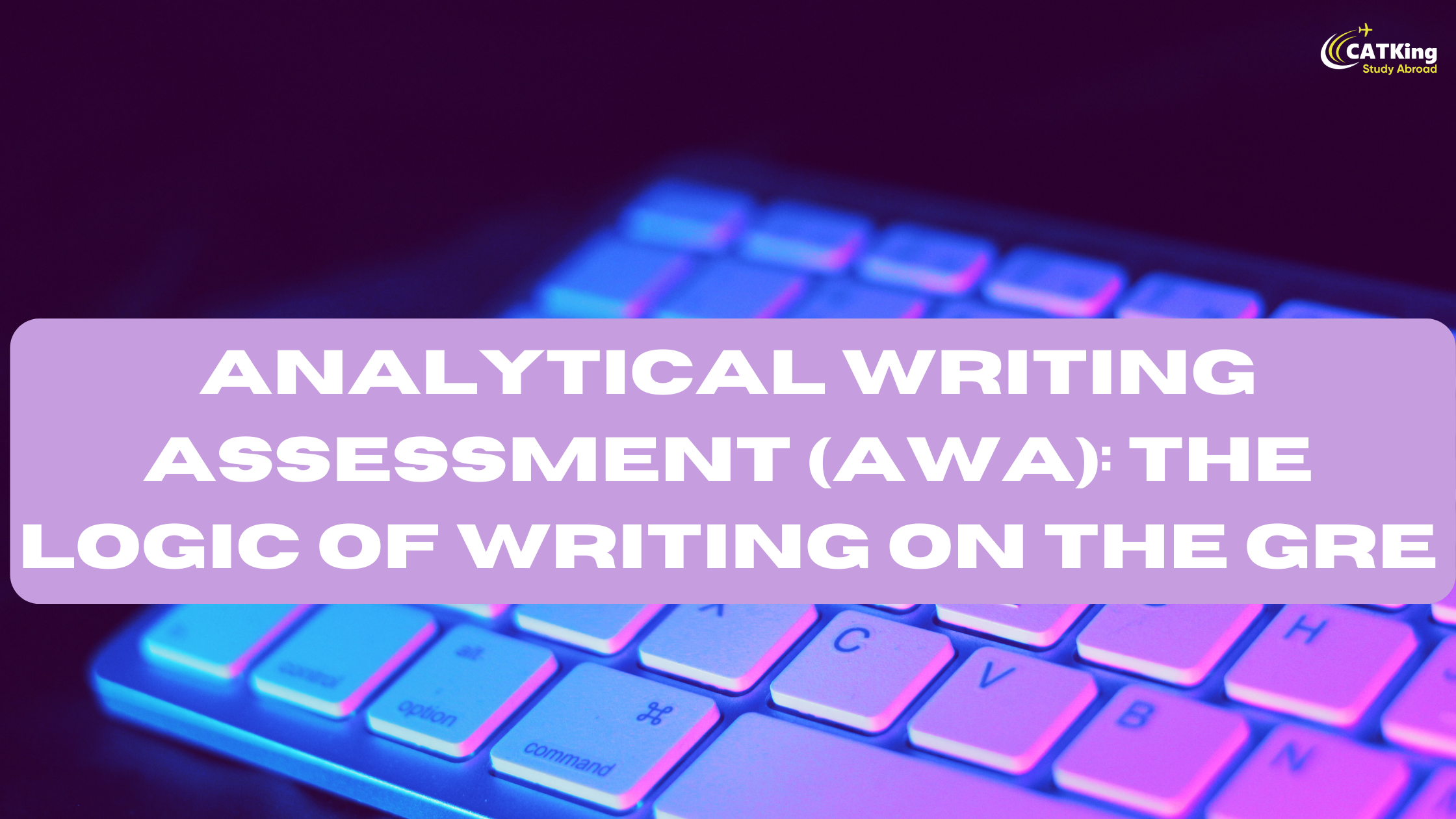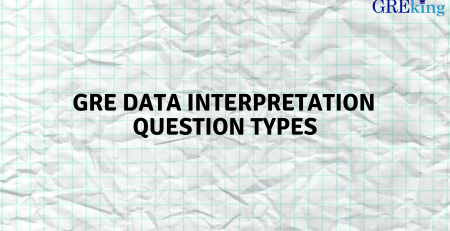Analytical Writing Assessment (AWA): The Logic of Writing on the GRE
Analytical Writing Assessment (AWA): The Logic of Writing on the GRE
Are you a good writer, and can you deconstruct a paragraph, and provide a constructive analysis of the same? This is exactly what the GRE AWA is asking you!
The key challenges are time and constructive logic creation within the given time-limit. The GRE wants to test whether you can write passages that are logically created with a proper framework of thought, yet are devoid of spelling and grammatical errors. For non-native English speakers, this can often be challenging. A GRE graduate ends up reading tons of research reports and constructing their own; therefore, the universities pay attention to your AWA scores and have cut-offs for the same. As with everything else, please do your research before stepping into the examination hall. A few students end up performing really well in the Quantitative and Verbal section, yet do not secure admissions due to the sheer over-confidence. AWA is an important part of the test, and working towards understanding it is extremely important.
When preparing for the AWA section, remember that the test does not analyze your vocabulary complexity; instead, it simply analyzes your ability to formulate a response that is concise and is rich in terms of logic. This does not mean that you can ignore your vocabulary, but do not try and complicate everything that you write.
Let’s delve a little deeper into the AWA, and help you guys with your preparation:
- Remember that the GRE AWA has two types of essays: Issue and Argument. In an ‘Issue-based essay’:
- A topic based on a general subject will be given.
- Once you read the passage thoroughly, you need to take a stance: do you agree with the author of the passage, or not
- If you agree with the author, make sure that your passage has a positive undertone.
- Your vocabulary and thought process should be channelized based on your stance
In an ‘Argument-based essay’:
- This is based on a passage again; here you need not take a stance.
- You have to analyse whether the author ‘makes sense’.
- Logical- analysis is the core of an argument-based essay
- Read the passage carefully and try to get into the author’s mind: What is the core logic? Do you agree with the points mentioned?
One you know the question type and how to attempt it, you will be able to deal with what you write more efficiently. With practice, you will be able to surmise what the writer intends to convey within the first reading itself. This will help you construct bullet points and therefore write a good AWA essay.
- On the day of the exam, you will not have much time to spend on structuring your essay.
- The Grammar Tools: Grammar tools enable us to construct efficient passages with brevity. Simple systems in grammar, include words that convey continuity, contrast, examples, emphasis etc. Once you are aware of these simple systems, they will help you easily create a ‘flow’ in your AWA. The flow is basically how one passage seamlessly transitions into another one, and finally emphasizes your ‘premise’.
We, at CATKing, take our students through a journey in English; making it simple, and easy to understand; breaking it down into very easy chunks that anyone can understand. Grammar and other structural systems will easily help you conquer the writing section of the AWA.
All the best!















Leave a Reply
You must be logged in to post a comment.